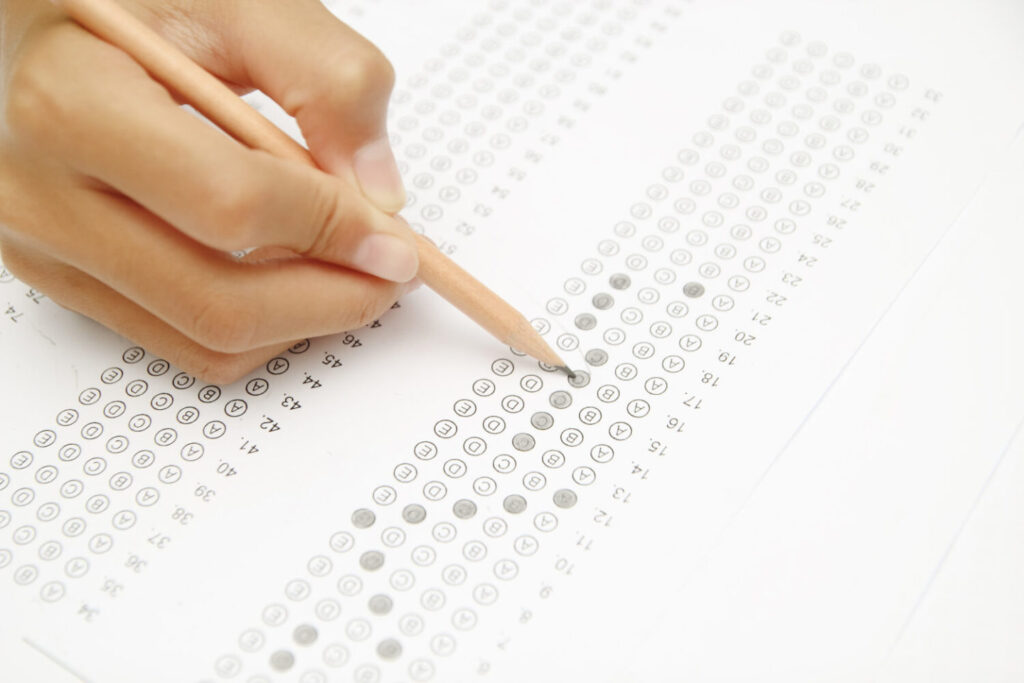Homeschool association seeks to end discriminatory practices for college placement exams
Preparing to take college placement exams such as the ACT or PSAT? You may face trouble if you’re a homeschool student.
That’s the conclusion of Home School Legal Defense Association, a nonprofit…

Preparing to take college placement exams such as the ACT or PSAT? You may face trouble if you’re a homeschool student.
That’s the conclusion of Home School Legal Defense Association, a nonprofit that advocates for homeschooling in the United States.
“Making sure homeschooled high schoolers are given a chance to sign up for these exams at their local public schools is about more than being treated fairly,” writes Dave Dentel, the organization’s web content manager. “Barring students from certain standardized tests can also deny them a wide range of opportunities – from competing for scholarships to qualifying for enrollment in college courses while still in high school.”
Representing students nationwide
Access issues to these standardized tests have only increased since the pandemic, as more public schools refused outside students or closed testing services altogether.
HSLDA reported that in one of its surveys conducted last year, approximately 15 percent of homeschool parents said they were unable to find a testing location for their children.
One of them was Nicole Doyle, who tried to sign up her son for the PSAT exam in Georgia. Despite many attempts, she couldn’t find a single public school that would agree to let him take it.
“It was an uphill battle,” she said. “The school system just wouldn’t welcome us.”
Doyle also faced challenges in helping her son take Advanced Placement (AP) courses, which can count toward a college degree. Plus, to qualify for such a course, students must earn a minimum score on a separate AP subject exam – an exam that public schools refused to let her son sign up for.
Ultimately Doyle was able to make an appeal to the vice principals of several public schools in her area. Because of her ongoing efforts, her son was finally able to take AP exams in computer science and environmental science.
“You have to find out who has the power to say yes or no,” she said.
Legislative measures in process
HSLDA is supporting bills that would prohibit such discrimination against homeschool students in states such as Tennessee, Maryland, Nevada, Texas and Virginia.
“With state legislatures convening in many states, HSLDA is encouraging lawmakers to take action,” Dentel writes. “HSLDA hopes to see bills based on this nondiscrimination model introduced in several states this year.”
In the meantime, local and state-based organizations also can help homeschool students gain access to standardized tests.
For example, the Midwest Parent Educators (MPE) nonprofit in the Kansas City area has a longstanding arrangement with St. Thomas Aquinas High School to let homeschoolers take both the PSAT and SAT for grades K-11.
Other options include turning to standardized test alternatives, such as the Classic Learning Test (CLT). The test saw massive growth after pandemic policies made its online platform so attractive. It also features scholarship opportunities based on students’ overall scores.



